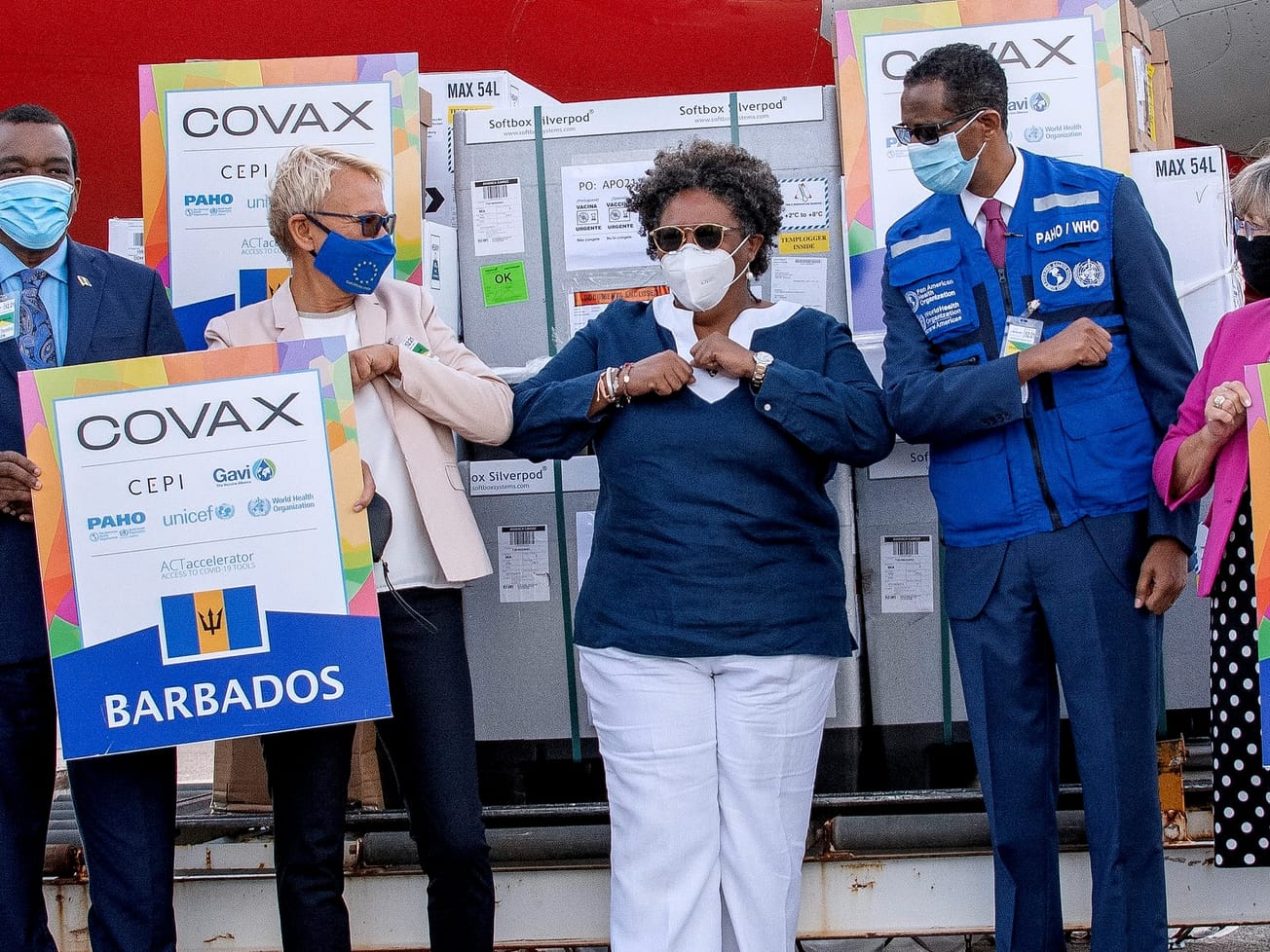The global vaccine-sharing initiative known as the COVAX Facility will close at the end of the year, its four host organizations announced.
The multilateral effort to deliver COVID-19 vaccines to low-income and developing countries fell short of its ambitious targets but still managed to save an estimated 2.7 million lives, the World Health Organization said on Tuesday.









